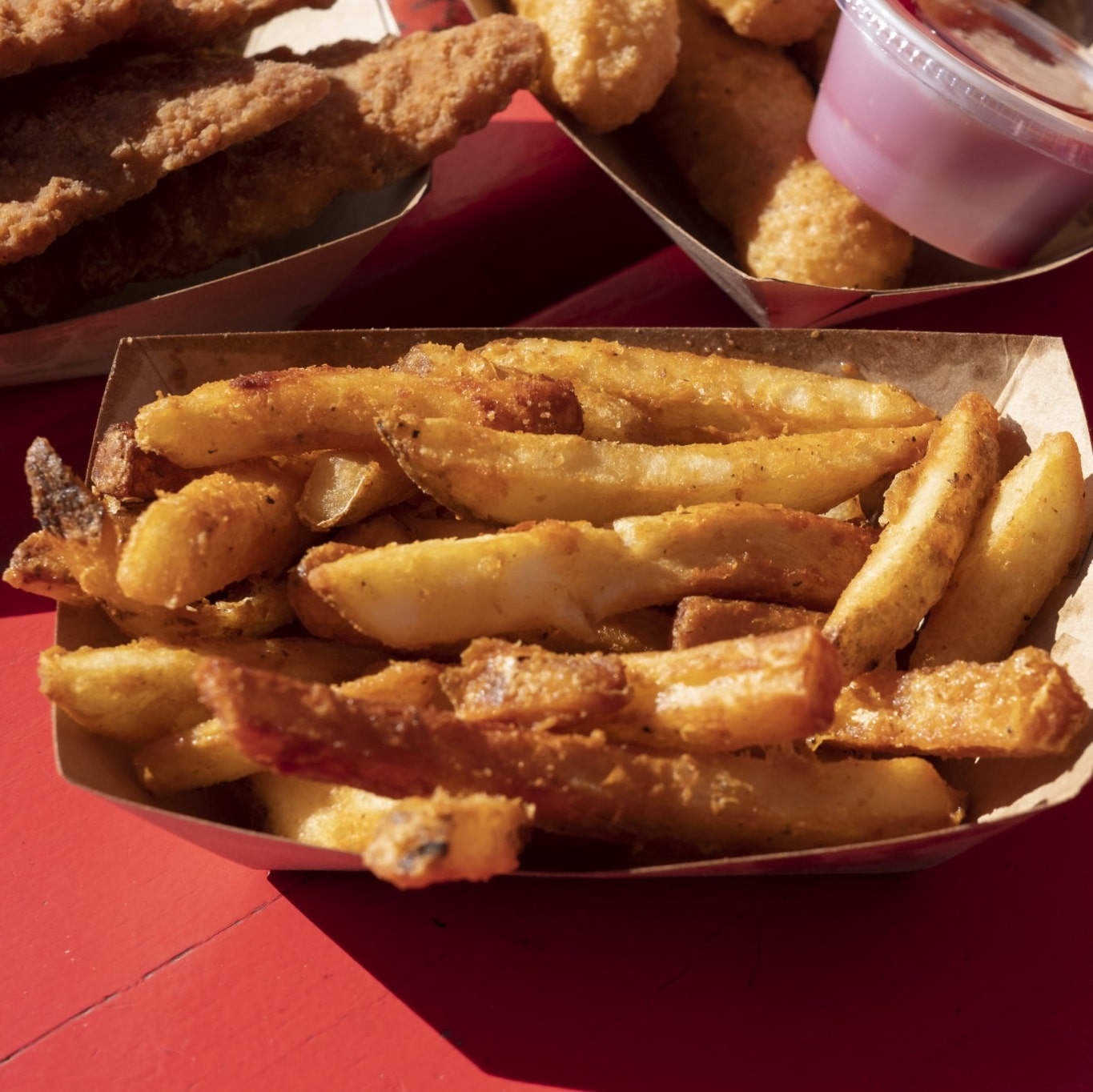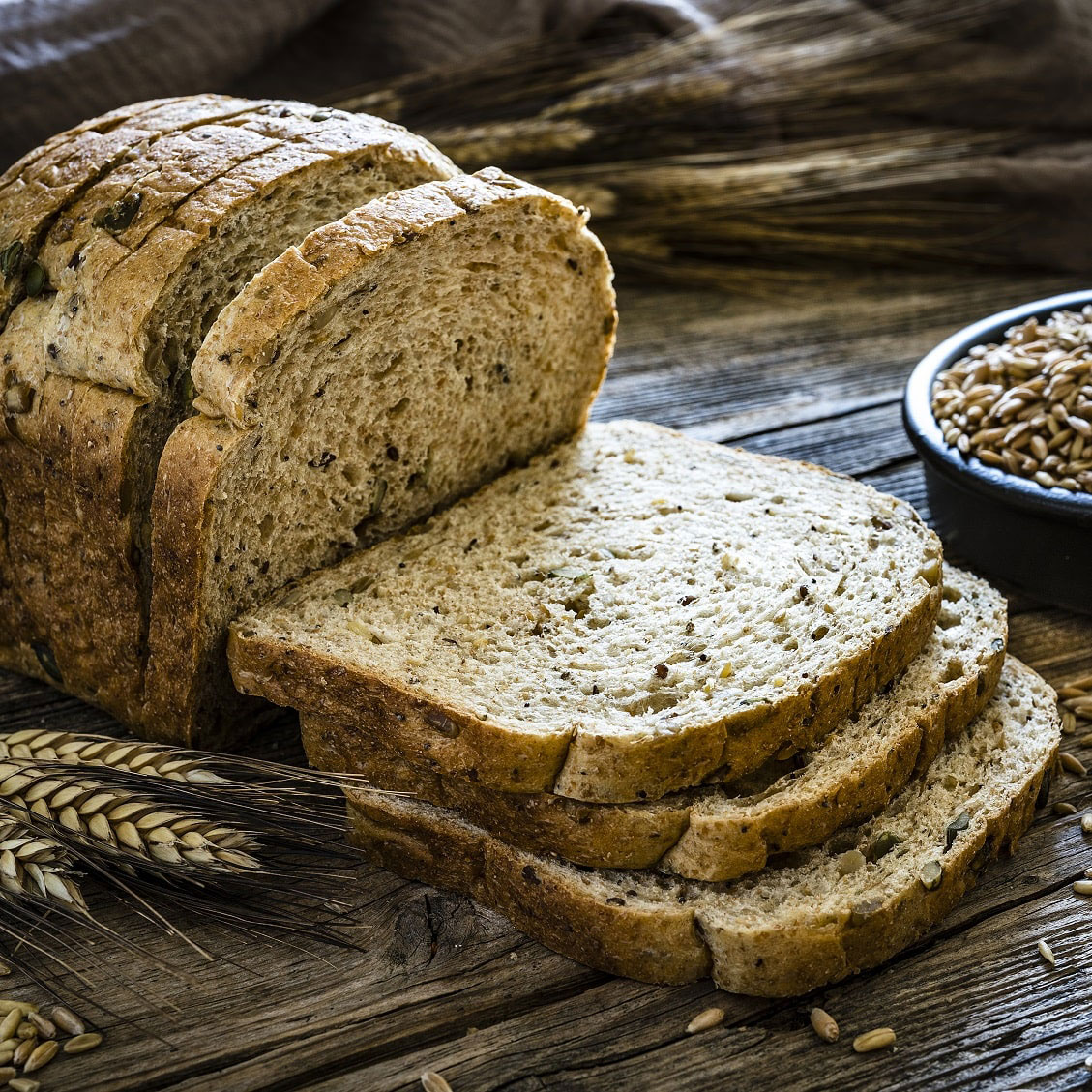Try These 9 Things for Better Gut Health

February 01, 2022
We all know how uncomfortable it can be to feel bloated, be constipated or experience an occasional bout of diarrhea.
You may not realize it, but your everyday diet and lifestyle habits may affect your digestive system. If you spend too much time feeling gut discomfort, take an honest assessment of what you eat and how you spend your time to see if your tendencies may be negatively impacting your gut.
“Many people don’t realize that certain nutrient-dense foods are better for the digestive tract and that so-called ‘junk foods’ may trigger digestion problems,” says Oliver Felibrico, M.D., internal medicine specialist at Jersey Shore University Medical Center. “Additionally, people know that healthy lifestyle habits – like exercising regularly and getting enough sleep – are good for them, but many people don’t realize that healthy habits help to promote good digestion and that slacking in these areas may contribute to poorer gut health.”
Your digestive tract is teeming with bacteria and other microscopic flora. “Good” microbes aid the digestive process. If your gut becomes overrun with “bad” flora, you may experience discomfort or other problems. Try these ideas to establish or maintain ideal levels of “good” gut flora:
Cut back on sugar
Eating too many sweets may shift the balance of gut flora toward “bad” microbes, making it more likely that you’ll experience gas, bloating or other digestive problems. Artificial sweeteners are also linked with bloating and negative shifts in gut flora.
Limit fried food
Choose baked over fried foods whenever possible. Fried foods promote the growth of “bad” gut flora and discourage the growth of “good” microbes.
Consume probiotics
Eating foods containing “good” live bacteria, known as probiotics, may reduce gut inflammation and digestive problems. After you consume probiotics, they remain in your gut and encourage the growth of “good” gut flora. They’re found in some yogurt, sauerkraut, kimchi and other fermented foods.
Eat more fiber
Most Americans consume half as much fiber as is recommended, so if you’re like everyone else, you probably aren’t getting enough. “Fiber helps you move your bowels regularly, so eating more may help you avoid constipation. Good sources of fiber include fruits, vegetables, beans, whole grains, nuts and seeds,” Dr. Felibrico says. If you don’t consume much fiber now, increase the amount that you eat slowly, because upping the fiber content of your diet in larger increments may temporarily cause bloating and gas.
Eat a plant-based diet
Consuming fruits, vegetables, whole grains, beans and other plant-based foods promotes gut health naturally, because of their fiber content. They also encourage the proliferation of “good” gut flora, while red meat may help “bad” gut flora to thrive. Cutting red meat out of your diet by eating more plant-based foods may encourage “good” microbes to thrive and help to lower gut inflammation, making digestion easier.
Manage stress levels
Stress and anxiety may make it more challenging for your digestive tract to operate efficiently, which may lead to heartburn, bloating or other issues. Whenever possible, practice healthy habits that help you reduce stress, including exercise, deep breathing or meditation.
Exercise more
People who exercise regularly are more likely to manage their weight and avoid obesity, which is linked with poor gut health. Thinking and eating like an athlete may help you improve your gut microbiome; some research found that athletes have more diverse gut flora, which may help to aid digestion.
Get more sleep
Sleeping for 7 to 9 hours each night may make it easier to control your weight, and being well-rested helps “good” gut flora to thrive.
Quit smoking
Smoking is an unhealthy habit that isn’t just bad for your lungs: People who smoke alter the proportion of gut flora in their digestive tracts, pushing the balance toward “bad” microbes. Take steps to stop smoking for your overall health and your gut health.
Next Steps & Resources:
- Meet our source: Oliver Felibrico, M.D.
- To make an appointment with a doctor near you, call 800-822-8905 or visit our website.
The material provided through HealthU is intended to be used as general information only and should not replace the advice of your physician. Always consult your physician for individual care.
Find a doctor near me
How to Avoid Overeating While Working from Home

Avoid overeating while working from home? Learn healthy eating tips for better work-from-home nutrition. Improve your diet today!
8 Workday Snacks That May Boost Your Immune System

Changing the way that you think about snacking may help you eat more healthily and include more nutrients in your diet. Here are 8 snacks that may help boost your immune system.
Find a doctor near me

Is Keto Bad for Your Heart?
Is Keto Bad for Your Heart? Learn about potential risks and benefits from Drs. Dougherty & Hollywood. Get expert advice; call 800-822-8905.

Worst Foods to Eat for Your Health
Limit unhealthy foods for better health. Dr. Sayanlar shares tips on reducing added sugar, salt, refined carbs, and processed meats. Learn more & schedule an appointment.

How You Can Eat Carbs and Still Lose Weight
Eat carbs & still lose weight? Dr. Varghese shares expert tips for healthy eating. Learn how to make better food choices and improve your health. Call 800-822-8905.

5 Superfoods for Heart Health
Boost your heart health! Discover 5 superfoods for better circulation and reduced inflammation. Learn more today.
